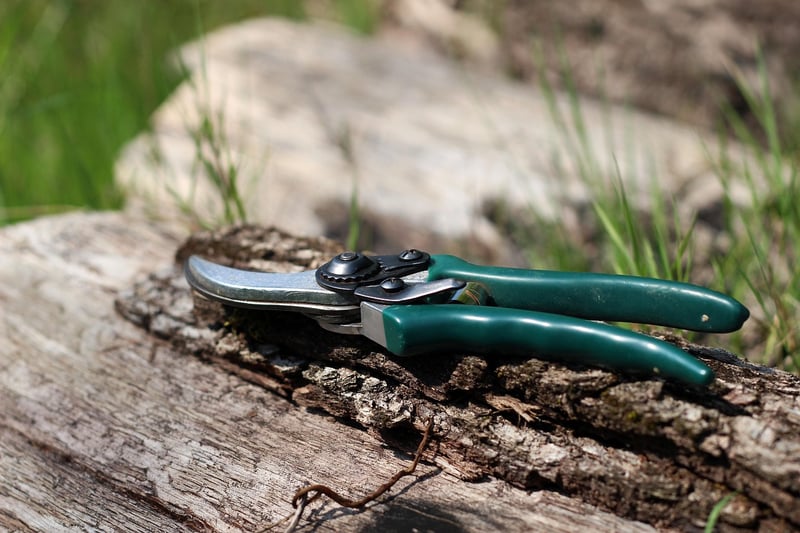Pruning Techniques

Tips for Healthy Plants and Pruning Techniques
Introduction
Keeping your plants healthy and well-maintained is essential for a thriving garden. Proper care, including watering, fertilizing, and pruning, can help your plants reach their full potential. In this article, we will explore some tips for maintaining healthy plants and effective pruning techniques.
Tips for Healthy Plants
- Watering: Ensure your plants receive an adequate amount of water. Overwatering can lead to root rot, while underwatering can cause wilting.
- Fertilizing: Use a balanced fertilizer to provide essential nutrients to your plants. Be cautious not to over-fertilize, as it can harm your plants.
- Sunlight: Place your plants in locations where they can receive the appropriate amount of sunlight based on their specific requirements.
- Pest Control: Regularly inspect your plants for pests and take appropriate measures to control any infestations to prevent damage.
- Pruning: Regularly prune your plants to promote healthy growth, improve air circulation, and enhance the overall appearance of the plant.
Pruning Techniques
Pruning is a crucial aspect of plant care that involves removing dead or overgrown branches to maintain the plant's health and shape. Here are some effective pruning techniques:
- Deadheading: Removing spent flowers encourages new growth and prolongs the blooming period.
- Thinning: Removing excess branches allows better air circulation and light penetration, reducing the risk of disease.
- Heading Back: Cutting back the tips of branches stimulates new growth and creates a bushier plant.
- Rejuvenation Pruning: Drastically cutting back overgrown plants can rejuvenate them and promote new, healthier growth.
Conclusion
By following these tips for maintaining healthy plants and employing effective pruning techniques, you can ensure a vibrant and flourishing garden. Regular care and attention to your plants' needs will reward you with beautiful, thriving greenery.
Remember, each plant species may have specific care requirements, so it's essential to research the individual needs of your plants to provide the best possible care.
Happy gardening!